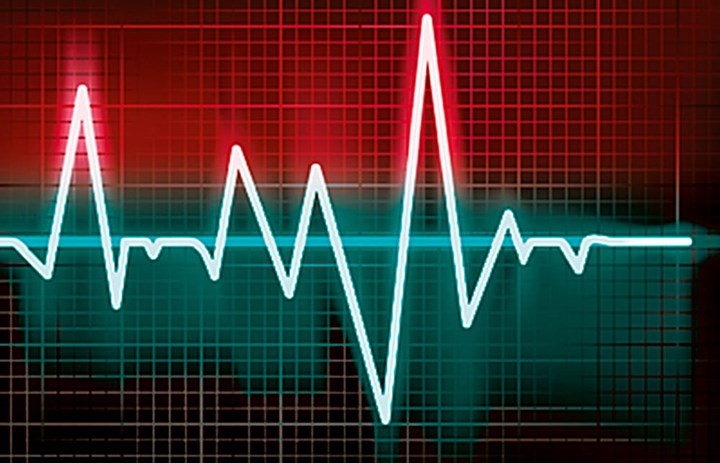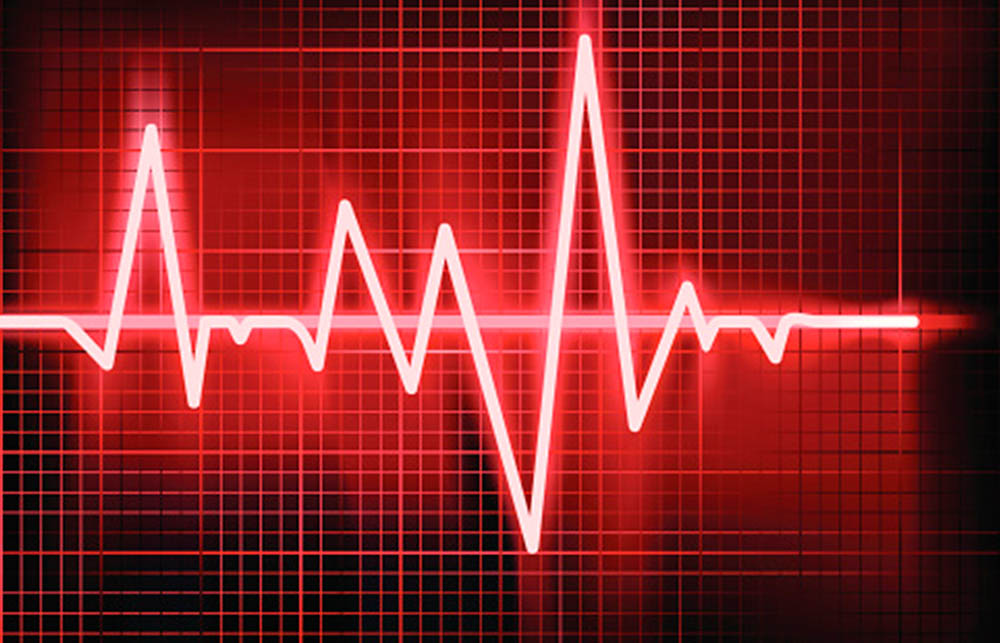Think of your body as a multi-national company. There are layers of management, countless systems that must work together seamlessly and myriad goals that occasionally conflict. In other words, your body is complicated. Thankfully, you don’t have to think about it, because your hormones do the heavy lifting, from helping you sleep at night to deciding whether a particular kilojoule should be converted into fat or muscle. The best part: you can learn to control them. And when you do, you’ll look and feel better every day.
Hunger Regulators
Ghrelin and Leptin
These two characters are constantly fighting to tell you how much food you need to eat. Ghrelin, which makes you feel hungry, is secreted by the stomach walls. Leptin, released from fat cells, tells your body that your energy stores are full. Once in your bloodstream, both hormones flow toward the brain’s hypothalamus. In healthy men, the one that shows up in the greatest numbers wins. But when you stop taking care of yourself, your body becomes resistant to leptin; and ghrelin – the hunger-causing hormone – starts winning the battles.
LIGHTS OUT
According to researchers at Pennsylvania State University, people who sleep fewer than six hours a night see appetite-inducing ghrelin levels surge while leptin declines. And no, sleeping in on the weekends doesn’t compensate for the damage. If you want a flat belly, you need plenty of shut-eye every night.
Metabolism Boosters
Thyroid Hormones
The thyroid, a bat-shaped gland in your neck, churns out the hormones T3 and T4, which travel throughout your body, telling each cell how much energy to produce and expend. That determines your basal metabolic rate – how many kilojoules you burn before factoring in daily activities and exercise, says Dr Steven Lamm, of New York University’s Tisch Centre for Men’s Health. Even small dips in T3 and T4 can cause your metabolism to stall and the kilos to mount. If the dip is sudden, it could be due to a tumour or autoimmune condition, such as Hashimoto’s disease.
DINE ON IODINE
If your body weight spikes, see your doctor, says Lamm. A simple blood test can determine whether you have a thyroid disorder. Otherwise, keep the gland healthy by consuming about 150 micrograms of dietary iodine a day. The mineral is essential for your body’s T3 and T4 production. Saltwater seafood, dairy and eggs are all good sources.
Muscle Builders
IGF-1 and HGH
No doubt you’ve heard of pro athletes and bodybuilders using illegal injections of human growth hormone (HGH, also called somatotropin). HGH triggers the production of insulin-like growth factor-1 (IGF-1). Together, these two hormones break down fat and use the energy to strengthen muscles, ligaments and tendons, says Dr Jacob Wilson, associate editor of the Journal of Strength and Conditioning Research. Your body makes HGH naturally, but shortly after you reach the age of 20, your levels begin to drop by 15 per cent or so each decade, says Wilson.
CHASE THE BURN
To naturally spike HGH, work to the point of fatigue, says Wilson. Use the heaviest weights you can manage for three or four sets of 8-12 reps. Between sets, limit your rest to no more than 60 seconds. “If you feel a burn in your muscles, you’re doing it right,” he says. That means your body chemistry is becoming slightly acidic, which ups HGH production.
Sleep Inducer
Melatonin
Ideally your production of sleep-inducing melatonin would idle during the day and hit its peak between 2am and 4am, says sleep specialist Dr Christopher Winter. But that doesn’t always happen. Your pineal gland cycles melatonin based on your exposure to blue light, the stimulating shortwave beams that are emitted by the sun as well as your smartphone and television. If you spend time in front of a screen after sunset, you throw off your natural sleep cycle, and your 2am peak could be delayed until it’s time to wake up for work.
UNPLUG EARLY
Starting two hours before bedtime, switch off screens. Even a backlit e-reader can set your sleep cycle back by 90 minutes, according to Harvard research. If you must check your phone, use an app, like Unblue ($3, iOS) or EyeFilter (free, Android). If you can’t give up your fix of late-night TV, try wearing blue-filtering glasses.
Libido Lifter
Testosterone
Testosterone channels protein towards your muscle cells, boosts your sex drive and increases your sperm count. A man’s T levels generally drop with age, but they don’t have to: “Testosterone decline is linked with ageing because we tend to become more sedentary, less fit and more overweight with time,” says urologist Dr Darius Paduch. In a recent Imperial College London study of more than 3000 men over the age of 40, three out of four of those with low testosterone were either overweight or obese.
SET A TWO-DRINK LIMIT
Alcohol can hinder the testosterone-producing chemical reactions that occur in your testicles and liver. A blood alcohol concentration of just 0.05 – still within the legal driving limit – can cause a nine per cent dip in testosterone in men between the ages of 21 and 25, according to research in the journal Alcoholism.
Fat Burner
Irisin
If you haven’t heard of brown fat, here’s your primer: unlike the white fat that jiggles when you do burpees, the brown stuff is firm and metabolically active. Fifty grams of brown fat burns about 1250 kilojoules a day. And as it turns out, a hormone exists that can turn your white fat brown. It’s called irisin. Its existence in humans was confirmed only last year, says Dr Christiane Wrann, of the Boston-based Dana-Farber Cancer Institute. If you can get your veins to course with irisin, then you might be able to eliminate that burpee jiggle.
FREEZE YOUR ASS OFF
Shivering for 10-15 minutes increases your irisin production about as much as an hour of moderate exercise does, according to research from the US National Institutes of Health. If you’re not willing to freeze, then keep your biggest muscles –the ones in your legs –contracting, says Wrann. Running and cycling will do the trick.
Energy Importer
Insulin
Insulin is responsible for moving fat and sugar from your bloodstream to your fat and muscle cells for storage. If your body stops responding to it properly, sugar levels can rise, putting you at risk of type 2 diabetes. So the goal is to keep your insulin-sugar levels balanced. But an insulin spike can help you immediately after a tough workout, when the hormone provides a muscle-building window. It delivers more sugars right to your muscles. That’s good: your body uses this sugar, called glycogen, to keep you energised and fuel your strength.
CARB LOAD
A University of Oklahoma review found that the ideal post-workout carb intake was about one gram per kilo of body mass. For an 80kg man, that’s a large potato and a cup of corn. Throw some protein on that plate, too. It’ll help with muscle protein synthesis, says Dr Javier Gonzalez, of the University of Bath.
















